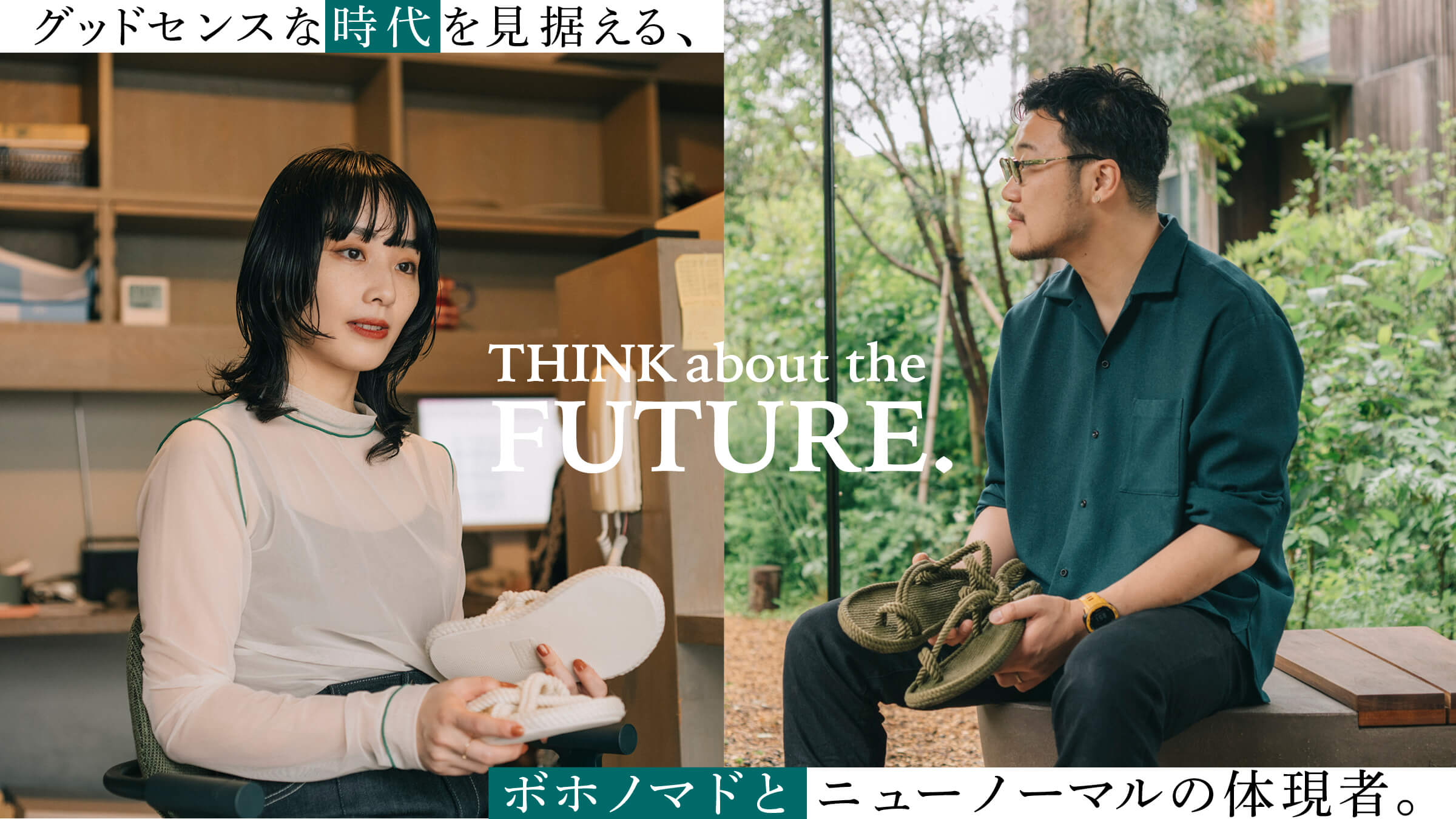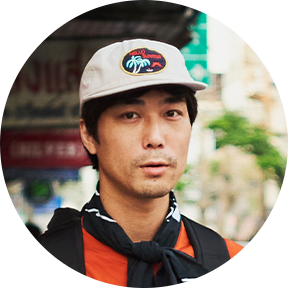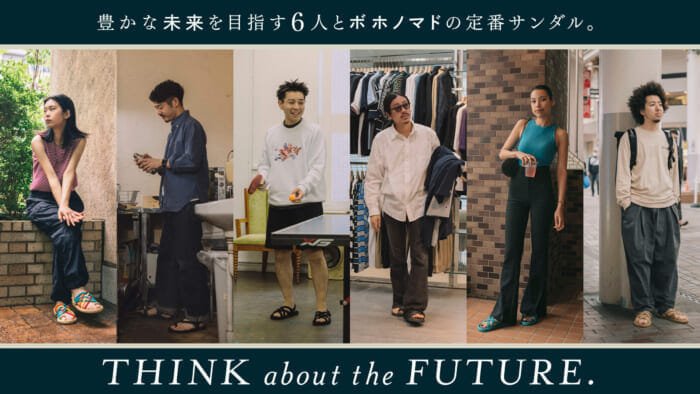CASE 1
PROFILE
Born in Tokyo , Japan in 1988. After graduating from culinary school, he studied at some of the best restaurants in Tokyo , and moved to Australia in 2015. In 2015, he moved to Australia to study under Chef Dan Hunter, owner of Brae, a restaurant in the suburbs of Melbourne, Australia. Impressed by the values of "Farm to Kitchen", which means "from farm to table", he joined "Maruta" from its launch to pursue the "Local First" concept in Japan. As the chef of Maruta, he is constantly exploring the ideal of a recycling-oriented restaurant.
Symbiosis with nature is the new normal for the future.



A short 10-minute bus ride from the nearest station, Jindaiji Garden is located next to Jindaiji Botanical Park in Chofu, Tokyo. Maruta, a wood-fired restaurant, is located in one of the green spaces in the Jindaiji Garden complex adjacent to Jindaiji Botanical Park in Chofu, Tokyo. The restaurant is operated by Green Wise, whose main business is the greening of space, and is run by Chef Ishimatsu, who has studied at famous restaurants in Japan and abroad, and whose theme is coexistence with nature, creating environmentally friendly restaurants and procuring local ingredients first.
The restaurant also has a composting system, which not many restaurants in the world practice, a vegetable garden that embodies a symbiotic relationship with nature, and wood-fired cooking, which is regarded as a blessing from the earth's heat source. The restaurant's vision of what a restaurant should be is scattered everywhere with hints for the new normal era.


. However, it is never easy to establish a restaurant that is also environmentally ideal. Considering this balance, "Malta" has now settled on a business format of operating only on weekends, with reservations only. Of course, it is also an attempt to reduce food loss, but Mr. Ishimatsu told us about the experience he gained from this.
. like most restaurants, we would like to be open for lunch and dinner on weekdays as well. . But I just don't have enough time to tend to my garden, including my vegetable garden, harvest fruits and herbs, and go to nearby green areas to gather wildflowers and mushrooms.
These days, I sometimes accompany fishermen on their fishing trips or go to the mountains with hunters. . It is hard for us because we can only open on weekends. However, this means that we are able to spend more time with each client, which I think is a good thing in the end.


Mr. Ishimatsu actively adopts initiatives that are also experimental, and is willing to face challenges that he had dismissed as probably difficult to realize in Japan. Through "Malta," he has many things to convey as well as the depth of food. He says that he arrived at this state of mind during his training in Australia.
After working at several restaurants in Tokyo, I moved to Melborin, also known as the "Gastronomic Capital of Japan," to work at a restaurant called "Brae" on the outskirts of the city. Surrounded by nature, the restaurant was very zero-waste conscious, with its own vegetable garden and wood-fired oven, not to mention composting, which was a culture shock for me. Although it only lasted a few years, I think my experience at that restaurant is still alive in "Malta.












